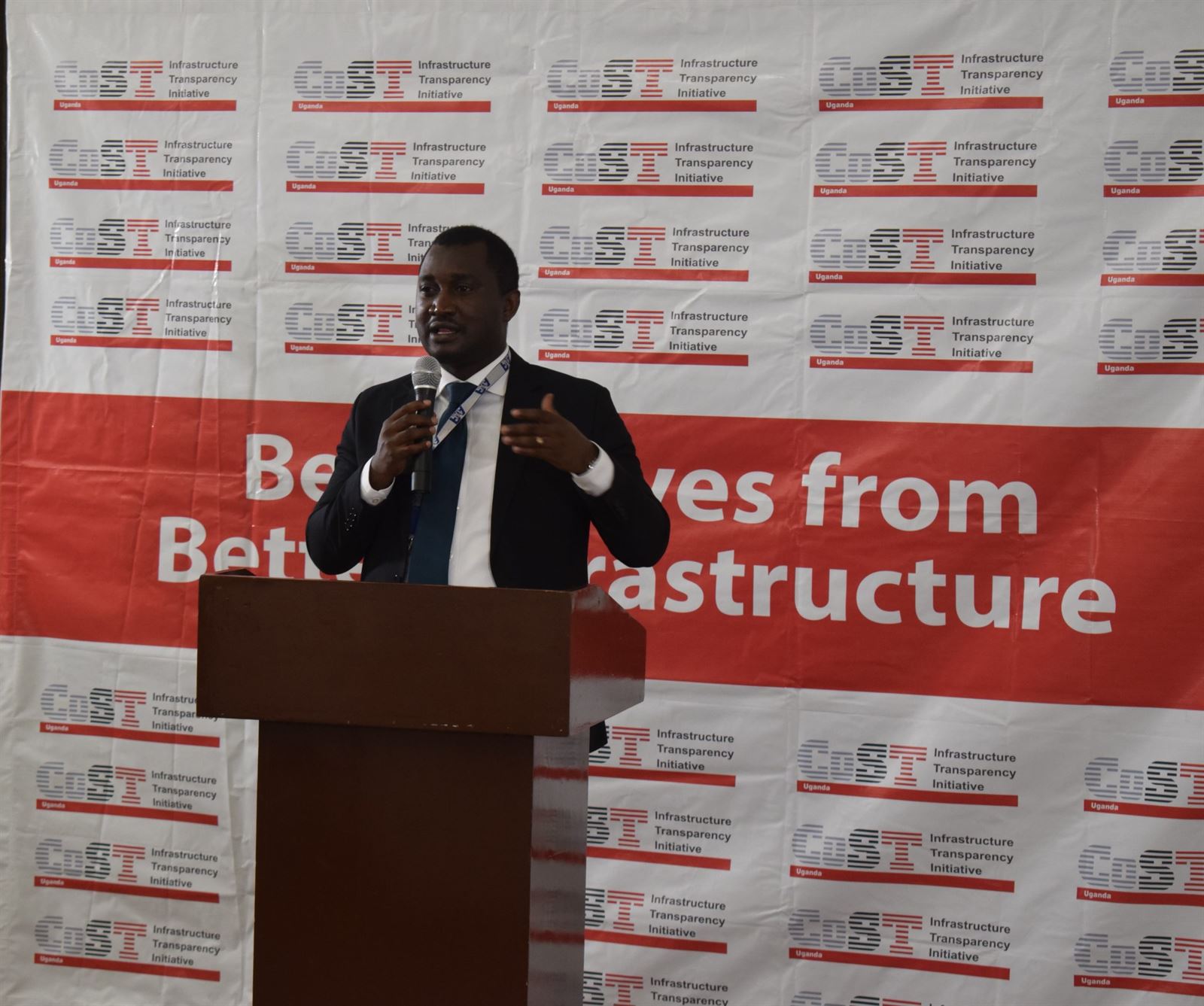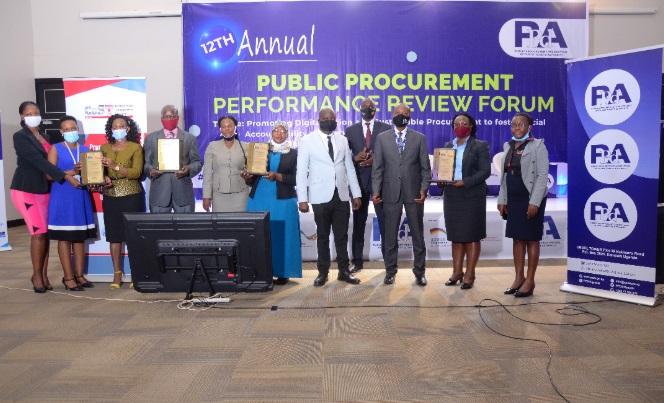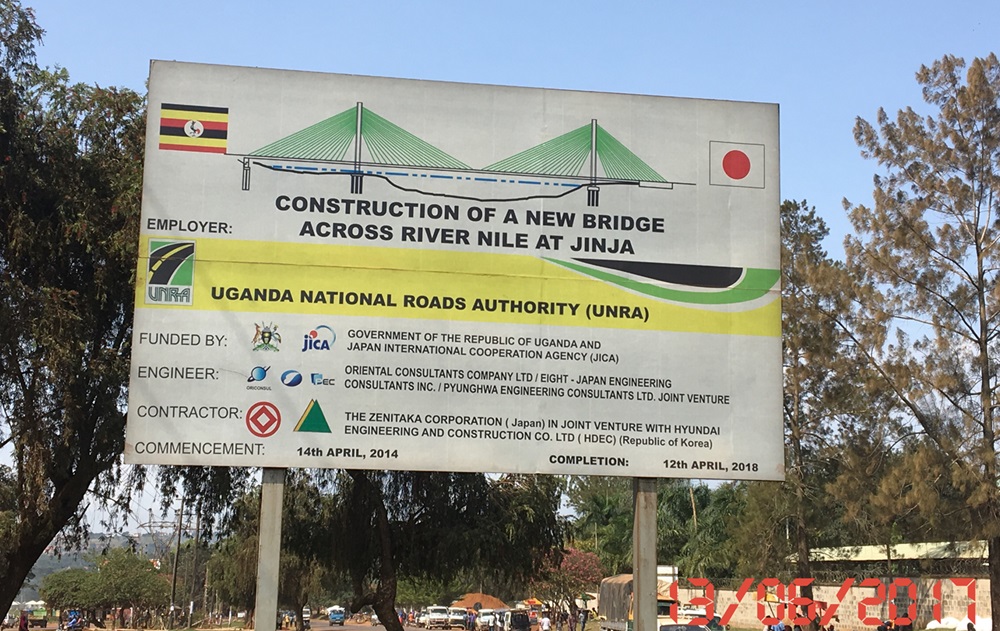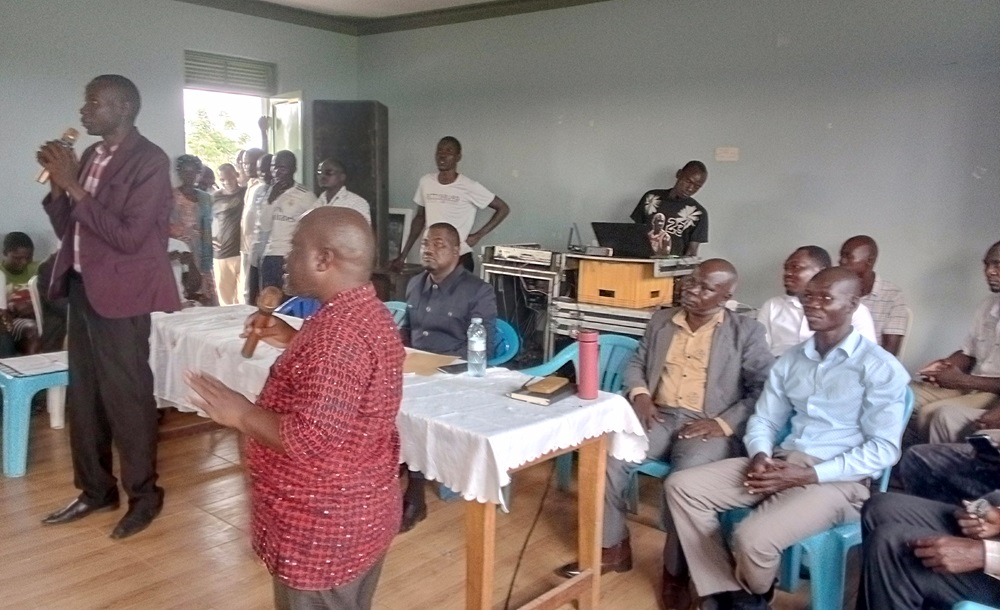
Our intervention story July – September 2020
Discussions on Fair Business Practices in Uganda project performance reveal that, there is improvement in disclosure in terms of number of projects being disclosed and entities disclosing, however, disclosure tends to sharply increase towards the end of the financial year and sharply reduces in the beginning of the new financial year. The number of data points being disclosed is also still low as per the OC4IDS. However, we are energized by Government’s commitment to align the Electronic Government Portal to the OC4IDS to which all entities will be required to comply. We also note that, Government has interest in being open, because this helps them get the best service providers to work with who will deliver quality infrastructure at effective prices. Through this intervention, we have seen Government make commitments to advance issues of fair business, ethics and integrity in procurement, fronting disclosure, but also, looking at performance and compliance monitoring. Government is also committed to put in place a fair legal framework for businesses to flourish through clean procurement.
The Private sector (contractors and Consultants) appreciates the intervention as it has given them a platform to raise their concerns, some of the private sector lead firms such as UACE appreciated the project for fronting their concerns, but also, giving them capacity to engage with Government; UACE is developing a paper on issues affecting the consultants whereas UNABCEC had submitted a paper on issues affecting the contractors to the Economic Affairs Committee. This experience reveals the growing campaign for fairness in the way infrastructure projects are planned and delivered.
We have gradually documented an increased awareness of the intervention and the message for fair business practices through our ongoing social and traditional media engagements. Stakeholders are pleased to associate themselves with the “Fair Business Practices agenda” to them, this is a new intervention, and worth engaging with. Journalists are interested in reporting on fair business practices because they have been empowered and have access to credible information through CoST reports and the GPP. The private sector see this as an intervention directly benefiting them, through building trust, promoting access to information, fairness in procurement and data categorization to enable engagement. More Government institutions are asking for CoST’s support in training, assurance, infact, some entities such as Ministry of Health have submitted a list of 81 projects they recommend for Assurance, although, CoST may not have the resources, this is a sign of readiness to transparency.
Our story below;
Growing Government interest in the fair business practices agenda; Through the reporting period, we have noted a growing Government’s interest to promote fair business practices, open up infrastructure projects procurement processes, standardize practices for procurement and strengthen affirmative action. This is seen through Government’s issuing of guidelines, readiness to popularize existing opportunities and putting in place legal provisions for procurement; Government has also committed and has started working with us to address key issues in the sector especially on procurement. We have also seen Government start up campaigns and lay measures for women to engage in procurement, a 30% special reservation for all Government contracts including infrastructure has been established.
Established a platform for the private sector to engage with Government; Private sector associations have appreciated our engagements under this initiative for bridging the gap between them and Government. For instance, the associations have grown more confidence to engage with Government, UACE has prepared a paper on issues affecting the consultants to PPDA, following a paper submitted to the Economic Affairs Committee of Parliament by UNABCEC.
Enhanced knowledge and skills transfer; The private sector has noted of their increased awareness, knowledge and skills on issues of fair business practices; picking from the evidence CoST provides in reports, the private sector is able to share this information with their members, through target sessions on key issues. This means that, the private sector is now focused at improving the way they do business, the way they bid and deliver projects to enable them keep in business. For example, UNABCEC has started organizing tailored sessions with their members on issues of performance in construction as a way of retaining their jobs.
Stakeholder appreciation of the need for capacity enhancement and the need for joint ventures; Government has expressed interest to train public officials, and the private sector on disclosure, and reservation schemes. To implement this, a matrix for training is being developed by PPDA as well as a concept to guide the process. This is also exhibited through the ongoing joint awareness raising sessions being organized by CoST and PPDA.
Increased Government responsiveness to fair business practices; we have observed this through Government’s readiness to provide incentives for public entities to disclose information, but also, to engage with integrity in public infrastructure procurement. The Most transparent entities awards being prepared by PPDA and CoST Uganda are one sign of Government’s responsiveness to addressing issues raised by the stakeholders in procurement transparency.
What we learnt
- Public officials need the skills, knowledge, and commitments to enable them to promote procurement transparency; following series of trainings on data entry, public officials have embraced the value of opening up procurement information and committed to publish.
- Continuous engagement of the procuring entities leads to practice; for example, public officials that have been engaged have appreciated the relevance of information sharing and thus, embraced disclosure, this is evidenced through the reception in the Assurance process.
- Establishment of platforms is an opportunity for rapport building; for example, UACE has testified that, the CoST forums have been an opportunity for them to engage, communicate, express their challenges and opinions to government directly. Resulting from this, UACE has prepared a paper to PPDA.
- Engagements with Government and private sector yield results, however, the discussions require sustainability; Government is the biggest employer in the sector and procurement is a daily activity in entities. As stakeholders engage, they are able to identify un addressed issues that require attention. For example, the need for Government to address issues of who is procured first, a consultant or the contractor, issues of conflicting interests, requiring consulting engineers who design projects being required to supervise the same projects to enhance performance but also keep the right people in business among others is key.
- Data categorization helps answer unknown questions in procurement; the private sector has raised concerns regarding the need to categorize data according to what projects are taken by contractors, and what goes to consulting engineers, the current Government portals do not provide for this and it has been a cause of alarm. In addition, disclosed data does not indicate projects that go to local and foreign firms, all is being generalized. Stakeholders have appreciated that for them to engage with evidence, data needs to be available, but this should be re-defined and clarified, especially with statistics on what is truly happening on ground in regards to competition and participation of the businesses in public infrastructure procurement, this helps them plan and effectively engage for better decisions.
- Engaging stakeholders in project implementation enables them understand the project and are able to associate with it and engage as a joint movement. The private sector has appreciated the initiative and they view it as a programme that has come to address their concerns which had been left unattended to for quite sometime. The project has brought together the contractors and consultants who previously engaged in silos to develop a joint agenda for fairness and integrity in public infrastructure procurement.



